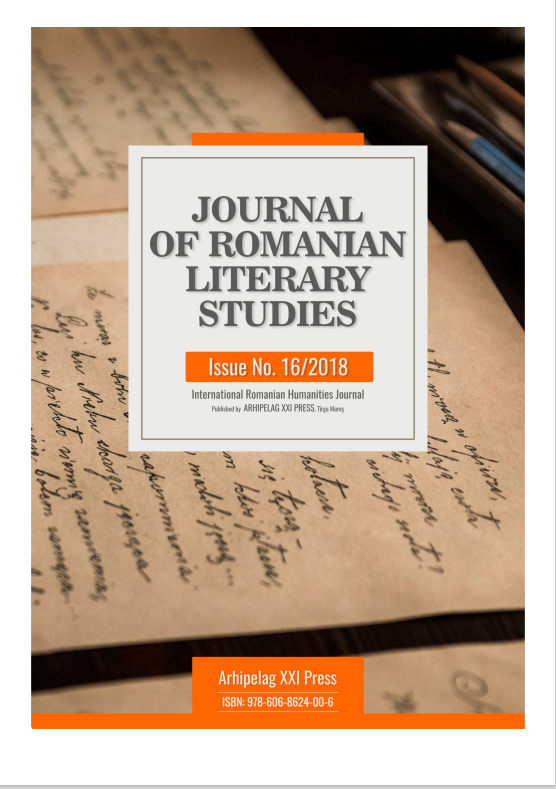LUCREŢIU AND THE DECONSTRUCTION OF MONSTERS
LUCREŢIU AND THE DECONSTRUCTION OF MONSTERS
Author(s): Alexandru IonașcuSubject(s): Philosophy, Studies of Literature, Philology, Theory of Literature
Published by: Editura Arhipelag XXI
Keywords: monsters; materialist manifesto; rationalistic stance; disabilities;
Summary/Abstract: This study seeks to present an unknown cultural lineage in the history of Western depictions of monsters. De rerum natura, a first-century BC epic poem, is a materialist manifesto that influenced the young Karl Marx, Lucretius being mentioned in his doctoral dissertation, as well as influencing the development of twentieth-century Marxist philosophy in the works of Louis Althusser. While it is debatable whether this epic and didactic poem actually started the Renaissance or contributed significantly to it, given the complexities of the cultural period, it is evident that, in regard to monster theory, the poemřs rationalistic stance is a key departure from the superstitious and religious terrors that accompanied the image of strange beings or the presence of individuals with disabilities. A rational denial of monsters reappers in eighteenth-century France, when the baron dřHolbach translates Lucretiusř poem and his salon appropriates ideas about fears as the source of religion, the world of matter and devoid of supernatural, which means the denial of extraordinary beings like monsters. A cultural analysis discovers how the image of monsters was used to repress or demonize individuals with disabilities, and in the case of individuals like hermaphrodites, the political realm had to figure out their place in the familial frame.
Journal: Journal of Romanian Literary Studies
- Issue Year: 2019
- Issue No: 16
- Page Range: 1244-1254
- Page Count: 11
- Language: Romanian

